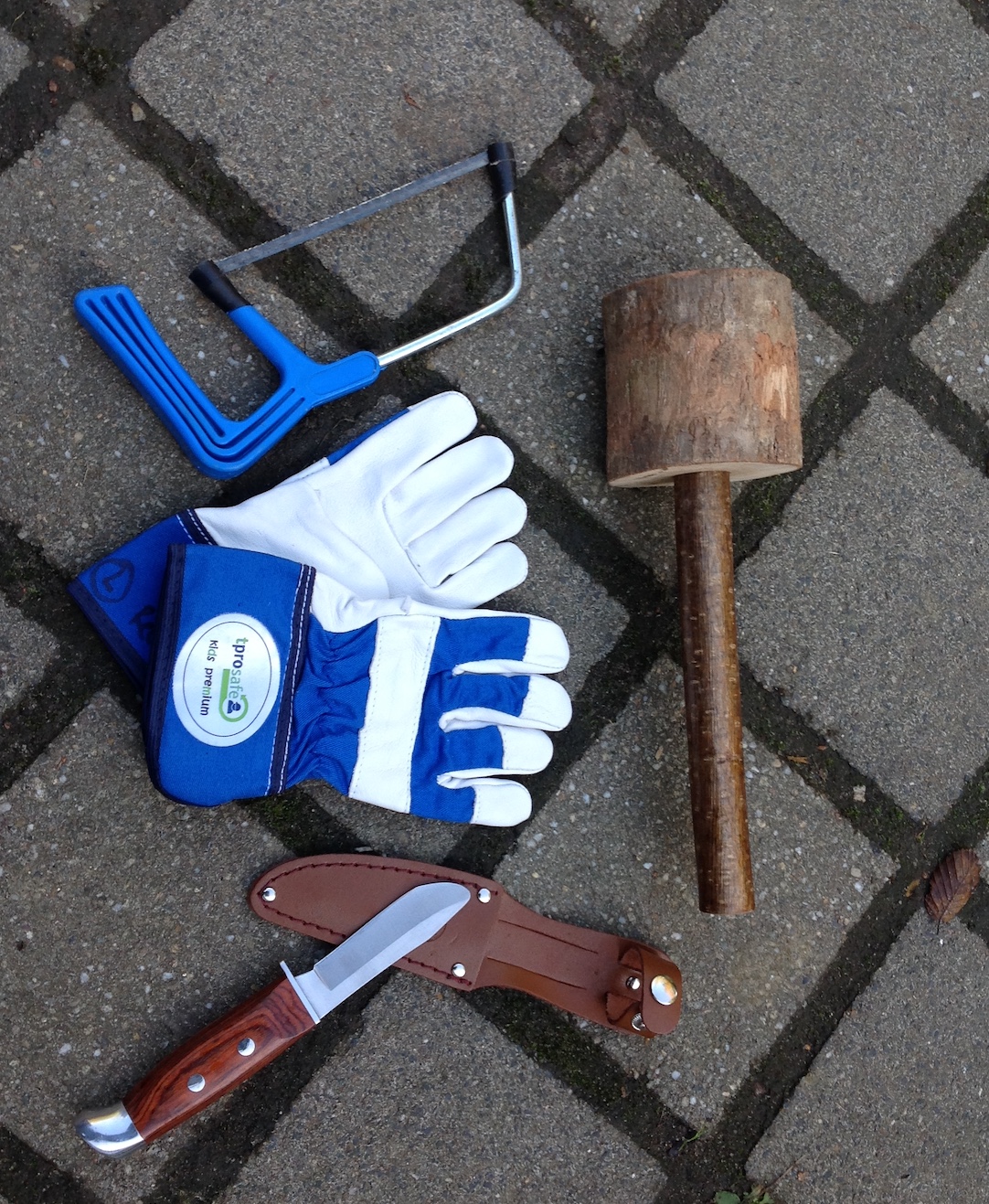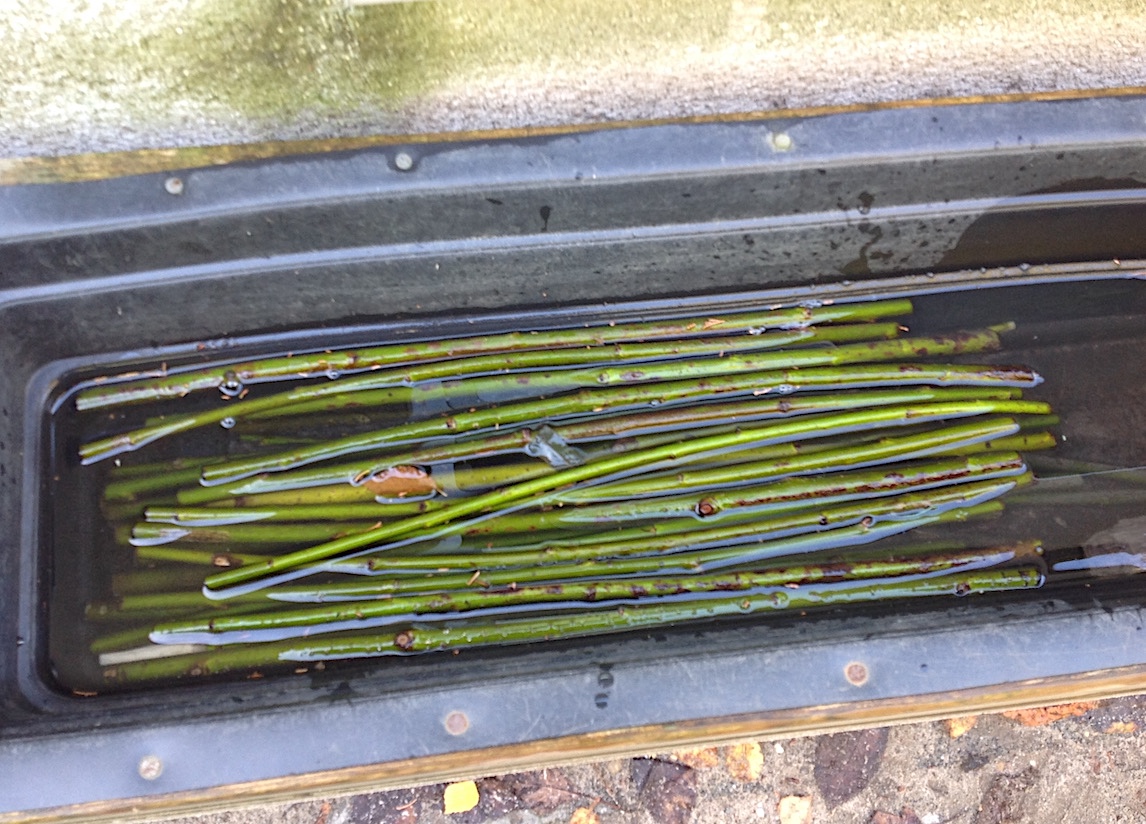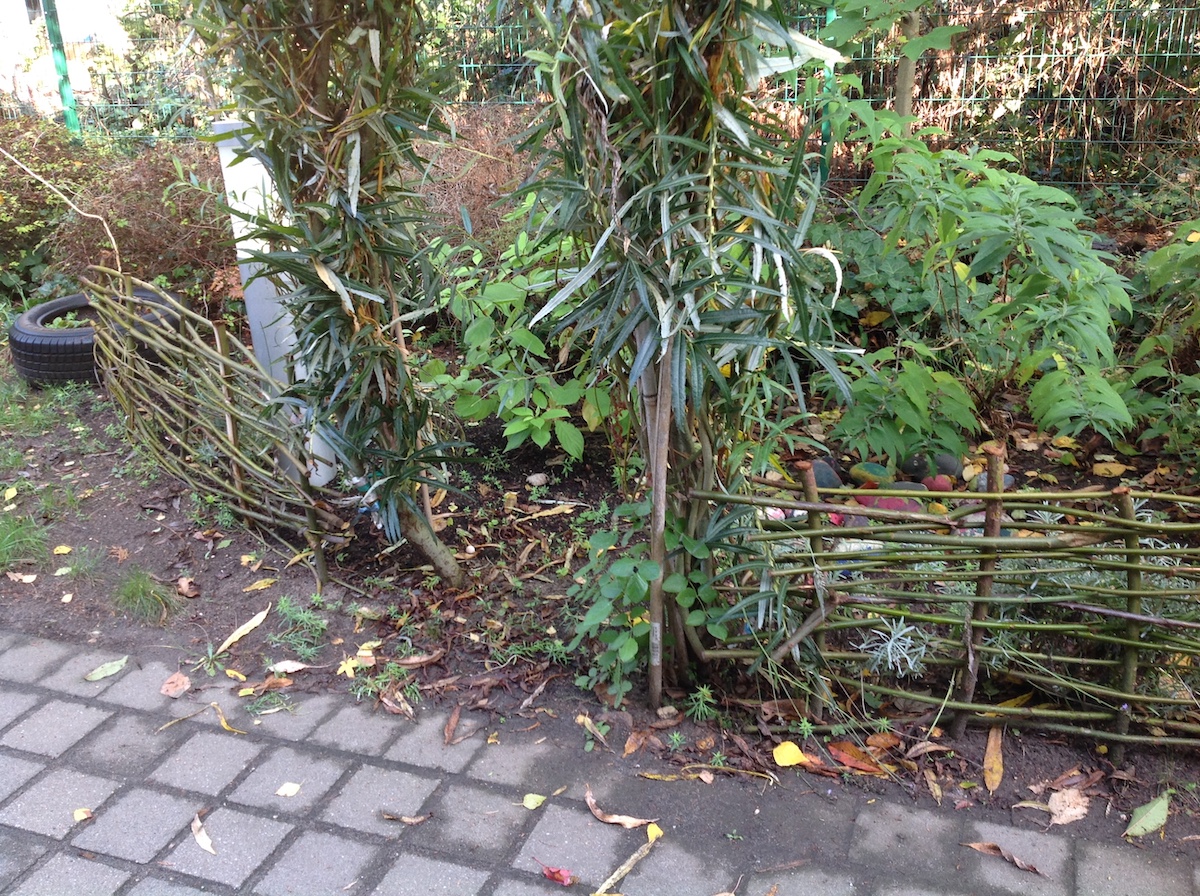Our Reception program (3, 4 & 5 year olds) is play-based and is heavily influenced by inquiry and constructivist learning philosophies. We use the International Baccalaureate Primary Years Programme as our curricular framework.
Both indoors and outdoors, we provide the children with uninterrupted blocks of time, up to 1.5 hours, to play. When the children are playing, the teachers are busy, too.
In fact, we were working even before the children arrived. We were busy creating an engaging play environment to capture the children’s interest and spark their curiosity. Once the children arrive and start playing, our work really gets underway. Sometimes, we play with the children. We strive to follow the children’s play ideas and let them lead the play.
Other times we observe the children playing to gain insights into their interests, their knowledge and their skill levels. We keep anecdotal records of our observations. We analyze the information in our observations to plan the children’s next steps in learning.
We are always on hand to support the children in their play should they need support. The children might require help to settle disputes or to see their play ideas come to life. Recently, my teaching partner helped a small group of boys build the fort they needed to be spies.

Sometimes we begin our outdoor play sessions by coming together at the meeting place. Here we might introduce a craft or skill lesson that the children can choose to do if they wish.
There is a cycle to children’s play. We offer crafts or skills experiences, such as digging with shovels or using a handsaw, for that space of time when the children’s play ends and before they begin a new play cycle. For example, when we needed a willow fence as a boundary to our butterfly garden, we had the resources to build the fence on hand for any child who became interested in helping with the project.
While observing the children playing, we might hear them discuss the need for magic wands. They might be satisfied to find a stick to be a magic wand. In that case, they continue playing uninterrupted. However, they might ask for help to decorate their stick. In that case, the craft idea has come from them and we are there to help!

I enjoy doing simple crafts with the children because of the conversations we have while creating. They share stories of their home lives, their birthday plans, their worries and their hopes. It’s a wonderful opportunity to build a deeper relationship with them.

I am always fascinated at the rich and varied learning experiences play-based preschool and kindergarten programs can offer children. Every day of play is interesting and engaging. And there is always so much for the teacher to do: observe, question, plan, support, extend, provoke and reflect. I truly love supporting children’s play outdoors.





